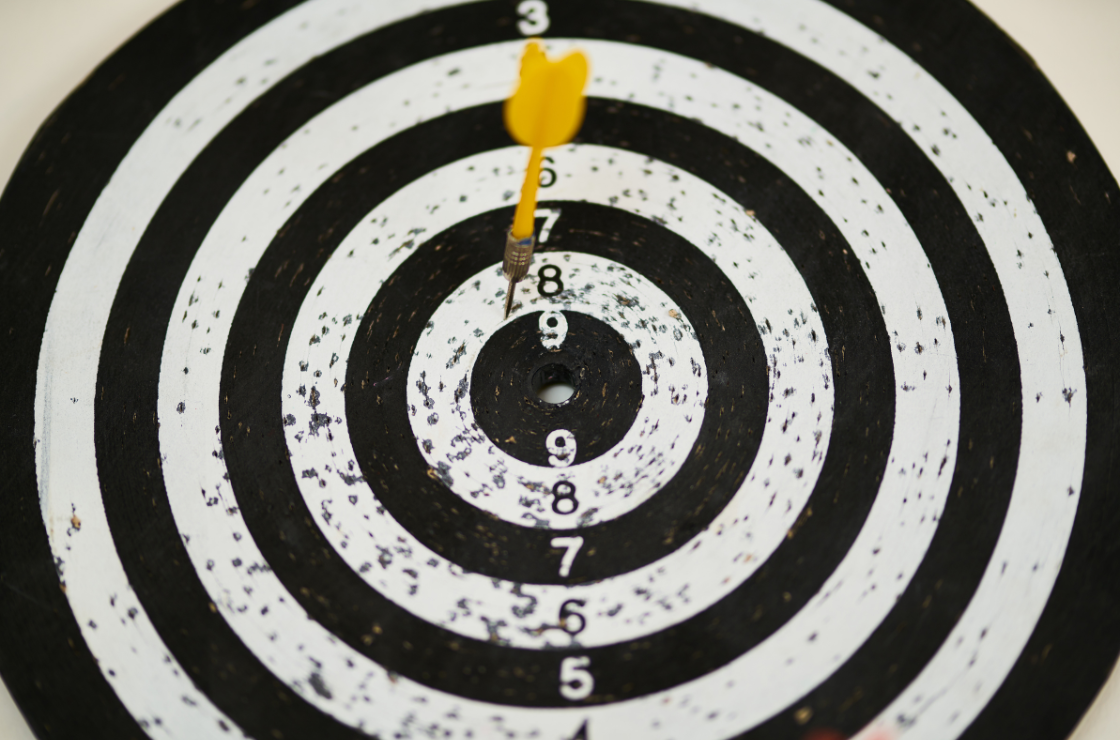Więcej informacji o wydarzeniu znajduje się poniżej.
Udział w wydarzeniu jest bezpłatny. Koszty są pokrywane ze środków Programów Aktywni Obywatele – Fundusz Regionalny oraz Aktywni Obywatele-Fundusz Krajowy.
Językiem roboczym wydarzenia jest język angielski (nie przewidujemy tłumaczenia).
Formularz zgłoszeniowy znajduje się pod linkiem.
Na zgłoszenia czekamy do 12 lipca do końca dnia. Wyniki rekrutacji podamy do 15 lipca 2022 roku.
UWAGA: Wydarzenie ma charakter edukacyjno-rozwojowy. Nie jest grupą terapeutyczną dla osób doświadczających wypalenia.
W razie jakichkolwiek pytań prosimy o kontakt z:
- jeśli reprezentujesz organizację-Grantobiorcę Programu Aktywni Obywatele Fundusz – Krajowy: z Anną Fedas z Fundacji im. Stefana Batorego ([email protected], +48 791 413 200),
- dla wszystkich pozostałych osób: z Ewą Stokłuską z Fundacji Edukacja dla Demokracji ([email protected], +48 720 801 013).
ANTI-BURNOUT SOLUTION CAMP
Initiators:
The Active Citizens Fund Operators from:
- Croatia
- Romania
- Poland-National Programme
- Poland-Regional
Where and when:
The camp will take place in the period of 13-17 September 2022 in the city of Medulin on the Croatian coast, in the region of Istria.
The agenda includes arrivals of the participants in the afternoon and a communal dinner on Tuesday, September 13th, followed by 3 full days of workshops and other activities, and summing up and early lunch after which departures will take place on Saturday, September 17th, 2022.
All travel arrangements and hotel costs will be taken care of and financially covered directly by the local ACF Operators from each Beneficiary state.
Context:
Shrinking space of civil society and threats to democracy and human rights in Central and Eastern Europe (i.a. war, disinformation, illiberal trends, accompanied by the COVID-19) contribute to numerous burdens and challenges (including abuses) faced by human rights activists and civil society organizations fighting for democracy, rule of law or/and freedom of speech. Activist burnout is a serious risk and problem to be addressed in order to maintain capacities of the aforementioned persons and entities to further engage in change-making activities. That is why organizers of this initiative decided to gather all possible allies of the anti-burnout movements from all around Europe and invite them to an event dedicated to this subject.
Aim:
- To give a safe, welcoming space for stakeholders of the potential anti-burnout movement from various European countries to come together, meet and learn from each other
- To discuss different aspects of the phenomenon of the (activist) burn-out among CSOs’ leaders, activists and anti-burnout practitioners (experts/trainers and consultants) and disseminate tools and skills helpful in reacting to burnout and burnout prevention
- To map know-how, experiences and grassroot initiatives related to the topic of burnout prevention and reaction taking place in Europe
Target groups & participants – encompassing 3 target groups:
- Practitioners of burn-out prevention/management in activist & non-profit work settings
The camp will enable peer exchange among pioneer practitioners of burnout prevention and management, specifically addressing challenges faced by human rights defenders and CSOs operating in organisational, social and political contexts featured by uncertainty and insecurity. Those participants will at the same time act as resource persons to their peers, sharing their toolbox and insights from theory and practice across the region of ACF operations in EU.
- CSOs (NGOs) leaders coping with burn-out management at organisational and personal levels
Those participants will be pre-selected as invitees, based on FO’s insight into their current need and motivation to work on burn out prevention and management challenges at the level of their organisation and /or are themselves currently facing huge risk of burnout at personal and /or organisational level. The camp will enable them to share their experiences, challenges, dilemmas and plan in a safe space, moderated by and burnout prevention practitioners.
- Donors’ representatives and ACF fund operators
We find the presence of these participants important, so they are involved in the process of the event and get a better understanding of the topic, but also understand better the importance of anti-burnout projects to be encouraged and supported in their respective ecosystems.
The camp will accommodate altogether c.a. 80 participants.
Agenda:
The agenda will be organised in a way to balance out the need for:
- target-group specific peer learning;
- plenary education, discussions,
- one-on-one bonding to enhance mutual learning and support long-term;
- professional and inter-organisational networking;
- rest and pleasure in nature.
The intention is to create an inspiring, dynamic and safe setting for mutual learning and bonding, catalysing the emergence of a particular community of practice of burn-out prevention and resilience building in the scope human rights protection and civil society in the ACF region and beyond.
Each of the target groups will have a guiding trainer responsible for designing their dedicated tract activities. The final agenda will be partly co-produced on the spot, with participants’ contributions in the role of resource persons, offering ad-on workshops and recreational and fun activities of their choice.
Our guests and trainers
The Burnout Aid project was carried out in the international partnership of the Culture Shock Foundation (Poland), Common Zone (Croatia) and City of Women (Slovenia).
We are building up a diverse group of trainers specializing in anti-burnout prevention, organizational development and self-development topics. So far we are happy to confirm participation of the following guests, the list to be extended and finalised by the end of July, 2022:
- Anna Kuliberda (Polish, yet currently based in Germany), https://www.annakuliberda.com/. Coach trainer and facilitator supporting individuals and organizations. Her specialization is burnout of people who base their work on passion (activists, journalists, creative people) answering the question of how to keep being creative and innovative, and not to lose oneself in it.
- Gabe Ivanov and Noah Kraljević (Croatia), K-zona, Vox Feminae – human rights activists working on transnational Burnout Aid project developing a toolbox for NGOs, , LGBTIQ equality and diversity in the workplace and minority stress management.
- Natalia Sarata (Poland). sociologist, feminist, anti-discrimination and herstorical educator, co-founder of the Women’s Space (Przestrzeń Kobiet) Foundation, creator and leader of the “RegenerAction” Foundation (Fundacja RegenerAkcja) implementing initiatives for tired and burned-out activists.
- Iskra Pejić (Croatia), psychologist and Gestalt psychotherapist, with extensive experience in crisis support to women victims of sexual violence, refugee children trauma management and school integration, support to LGBTIQ persons and their families.
- Hanna Hakiel (Poland, yet currently based in Portugal). Psychologist, specializing in work with trauma and intercultural relations. She has vast experience in working with migrants and refugees and human rights activists, mostly in Germany.
- Paulina Jędrzejewska – co-founder of the Culture Shock Foundation and president of the board. Sociologist, cultural anthropologist, trainer, mentor, coach and group process facilitator. Expert in mobile and new technology.
- Urška Jež – collaborating with City of Women since 2006 and president of the Executive board since 2014. Collaborated with several NGOs as an organizer, producer, administrator of international projects, and coordinator of volunteers. Volunteers as animator at youth summer camps.
Preliminary Schedule
| 13.09 | 14.09 | 15.09 | 16.09 | 17.09 |
| arrivals | 8-10 breakfast | 8-10 breakfast | 8-10 breakfast | 8-10 breakfast |
8 pm
Welcome dinner | 8.30-9.30 – morning body retreat (optional) | 8.30-9.30 -morning body retreat (optional) | 8.30-9.30 -morning body retreat (optional) | 9-10.30
Wrap-up session |
10-12
Introductory workshop: burnout risk assessment | 10-12
activities for 3 tracks | 10-12
activities for 3 tracks | |
| 12-2 pm lunch & break | 12-2 pm lunch & break | 12-2 pm lunch & break | 12- 2 pm
Lunch |
| 2-4 pm activities for 3 tracks (CSO leaders, anti-burnout practitioners, donors) | 2-4 pm activities for 3 tracks | 2-4 pm activities for 3 tracks | Departures |
| 4-6 pm break | 4-6 pm break | 4-6 pm break |
6-8 pm
Highlight: Organizational context of burnout (space, time, people management) – fishbowl discussion | 6-8 pm
Highlight: Community context of burnout (minority stress issues) | 6-8 pm
Highlight: Trauma and burnout |
| 8- 9 pm break/body retreat (optional) | 8- 9 pm break/body retreat (optional) | 8- 9 pm break/body retreat (optional) | |
| 8-10 pm - dinner | 8-10 pm - dinner | 8-10 pm - dinner | |





